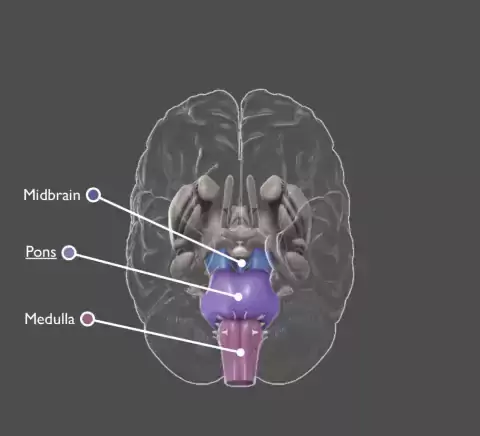MDS Item H0600, Constipation
MDS Item H0600 – Constipation
Introduction
Constipation is a common issue among long-term care residents and can lead to serious complications if left unaddressed. MDS Item H0600 evaluates whether a resident experienced constipation during the seven-day look-back period. Accurate documentation of this condition helps ensure timely intervention and management, preventing complications such as fecal impaction.
What is MDS Item H0600?
MDS Item H0600 assesses whether the resident had constipation during the look-back period. According to the CMS guidelines, constipation is defined as having two or fewer bowel movements or having hard, difficult-to-pass stools, regardless of frequency. If constipation is not addressed, it can lead to complications such as abdominal discomfort, anorexia, or delirium.
Guidelines for Coding H0600
- Code 0: No, if the resident did not experience constipation during the seven-day look-back period.
- Code 1: Yes, if the resident experienced constipation.
Instructions:
- Review the resident’s medical record, including bowel logs, nursing notes, and assessments, to determine if constipation was present during the seven-day observation period.
- Include the frequency and consistency of bowel movements in your evaluation.
Example Scenario:
Resident A had only two bowel movements in the past week, both of which were hard and difficult to pass. Code 1 for constipation.
Best Practices for Accurate Coding
- Documentation: Ensure bowel movements are consistently documented by staff, including the consistency and difficulty of passing stools.
- Communication: Speak with staff and, if appropriate, the resident or their family members to verify bowel habits.
- Training: Educate staff on recognizing signs of constipation and how to document bowel patterns accurately.
Conclusion
Accurately coding MDS Item H0600 helps identify residents who need further assessment or intervention for constipation. This ensures timely and appropriate management, which can prevent complications like fecal impaction or delirium.
Click here to see a detailed Step-by-Step on how to complete this item set.
Reference:
CMS's Long-Term Care Facility Resident Assessment Instrument 3.0 User’s Manual, Version 1.19.1, October 2024, Chapter 3, Page H-15.
Disclaimer:
Please note that the information provided in this guide for MDS 3.0 Item H0600 was originally based on the CMS's Long-Term Care Facility Resident Assessment Instrument 3.0 User’s Manual, Version 1.19.1, October 2024. Every effort will be made to update it to the most current version. The MDS 3.0 Manual is typically updated every October. If there are no changes to the Item Set, there will be no changes to this guide. This guidance is intended to assist healthcare professionals, particularly new nurses or MDS coordinators, in understanding and applying the correct coding procedures for this specific item within MDS 3.0. The guide is not a substitute for professional judgment or the facility’s policies. It is crucial to stay updated with any changes or updates in the MDS 3.0 manual or relevant CMS regulations. The guide does not cover all potential scenarios and should not be used as a sole resource for MDS 3.0 coding. Additionally, this guide refrains from handling personal patient data and does not provide medical or legal advice. Users are responsible for ensuring compliance with all applicable laws and regulations in their respective practices.










